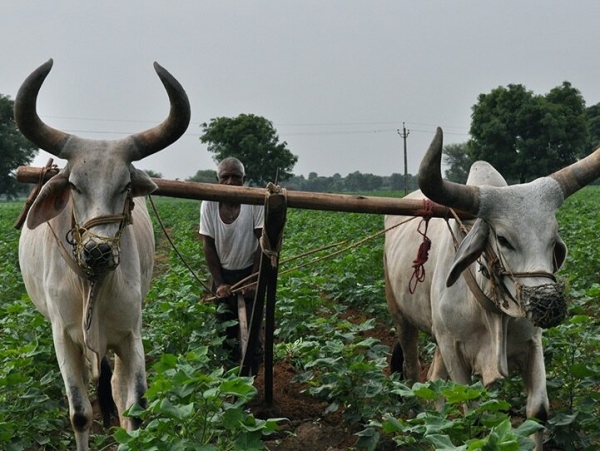A new University of Michigan-led study finds that farmers in India have adapted to warming temperatures by intensifying the withdrawal of groundwater used for irrigation. If the trend continues, the rate of groundwater loss could triple by 2080, further threatening India’s food and water security.
Reduced water availability in India due to groundwater depletion and climate change could threaten the livelihoods of more than one-third of the country’s 1.4 billion residents and has global implications. India recently overtook China to become the world’s most populous nation and is the second-largest global producer of common cereal grains including rice and wheat.
“We find that farmers are already increasing irrigation use in response to warming temperatures, an adaptation strategy that has not been accounted for in previous projections of groundwater depletion in India,” said study senior author Meha Jain, assistant professor at U-M’s School for Environment and Sustainability. “This is of concern, given that India is the world’s largest consumer of groundwater and is a critical resource for the regional and global food supply.”
Read more at: University of Michigan
A farmer plows his irrigated cotton field in Gujarat, India. (Photo Credit: Meha Jain, University of Michigan)


